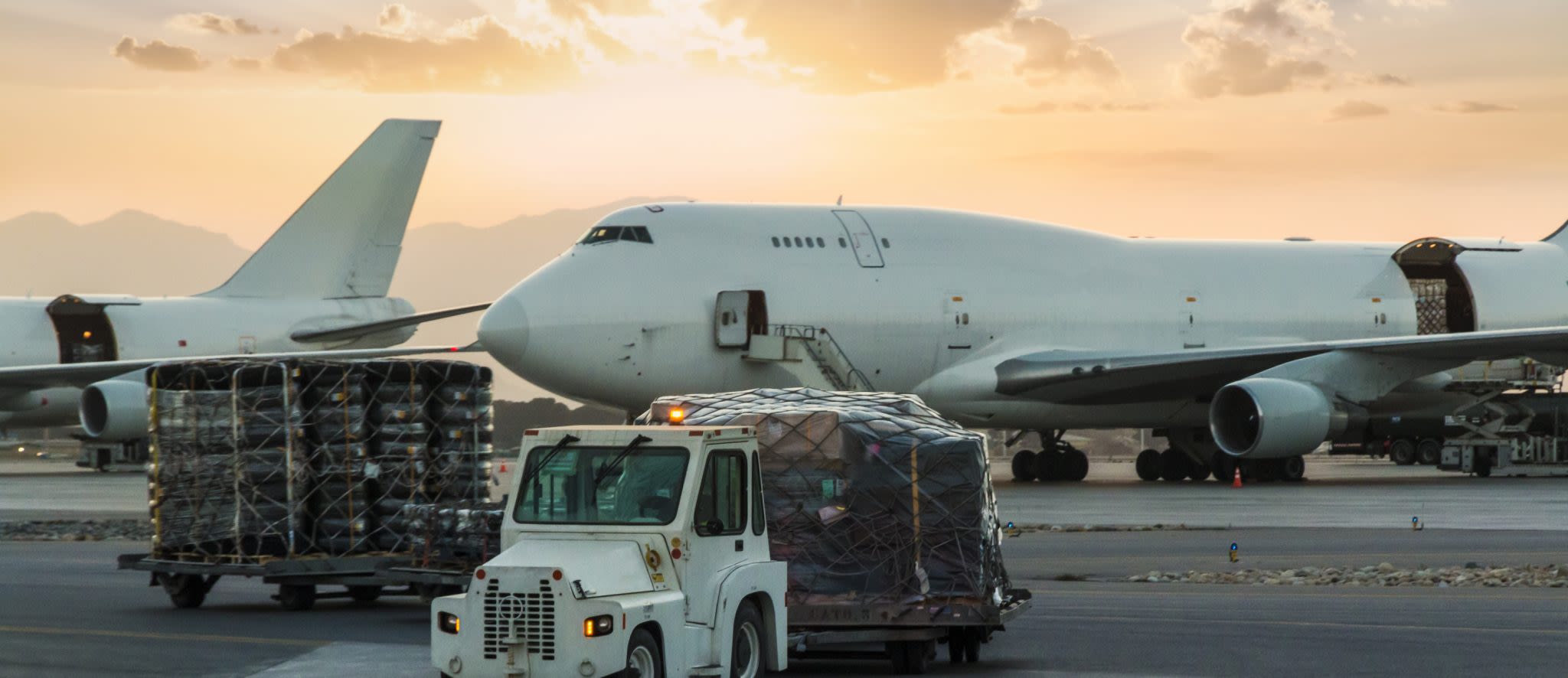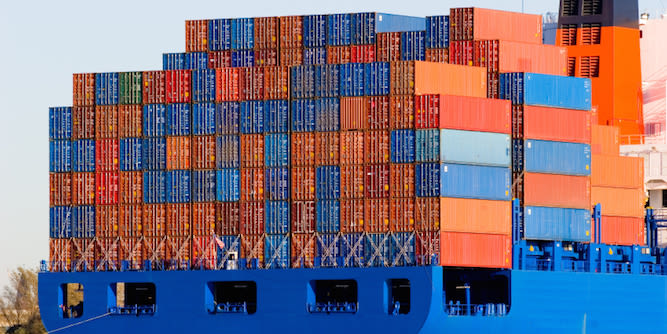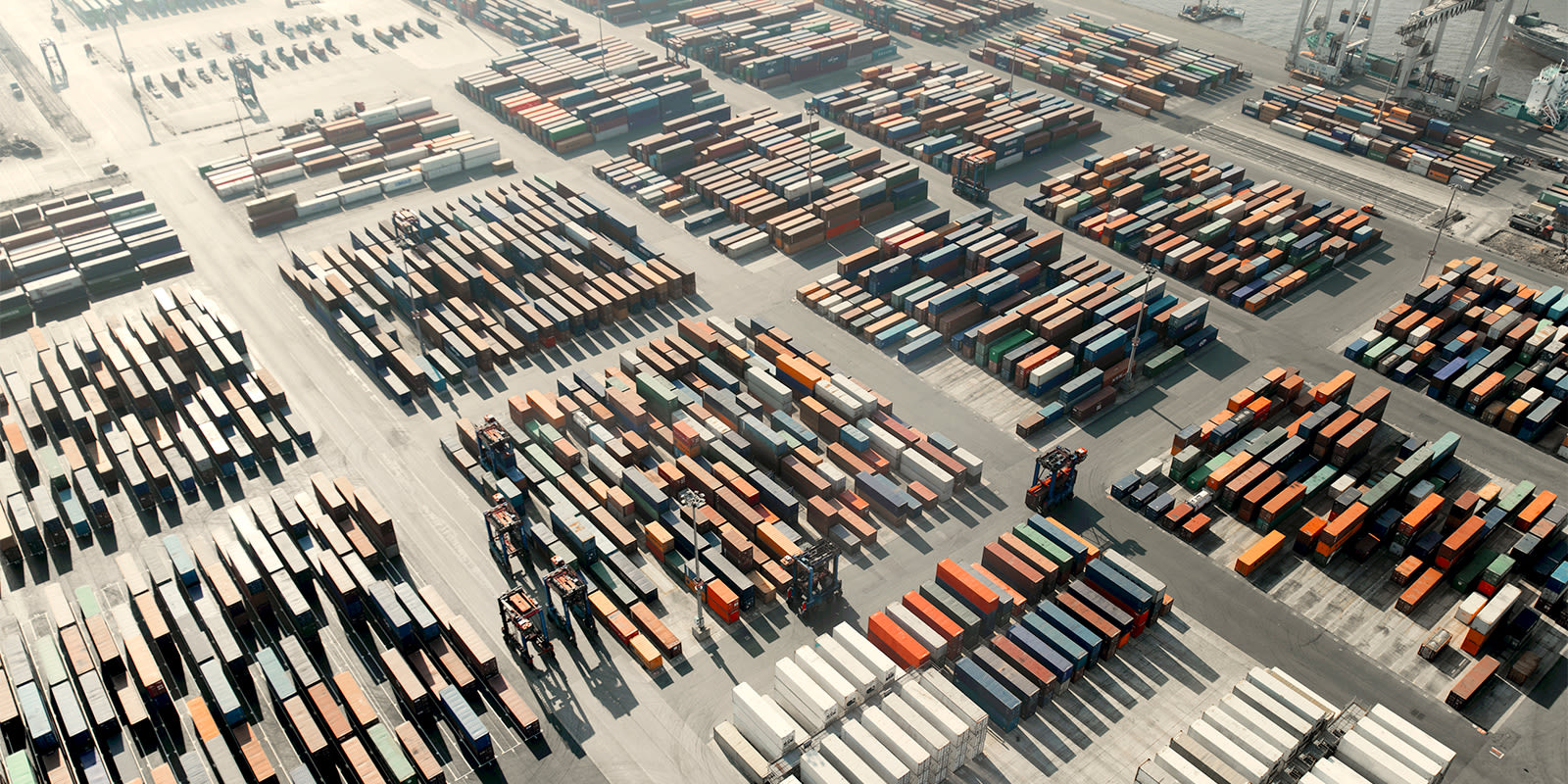Why Are There Always Holiday Shipping Delays?

Consumers were hit with major shipping delays over the holiday season last year. Our presents to our loved ones didn’t arrive when they were supposed to.
This wasn’t a one-off problem that occurred only in 2014. Instead, there tends to be holiday shipping delays every year. People get angry every December because FedEx and UPS didn’t deliver packages on time. The companies in turn usually cite staff shortages and bad weather for the delay.
Should businesses have solved this problem by now? Perhaps, but we want to add some context to the discussion and talk more about why this is such persistently difficult issue to deal with.
Delays happen because airfreight space is unpredictable
Companies have continually cut inventory, relying instead on the global supply chain to make sure that goods are delivered on time. A lot of products get to the country by airfreight, especially over the holidays.
The trouble is that not all airfreight arrives on cargo planes. About half comes on the cargo hold of passenger flights. Consider the challenge presented by that situation.
It’s hard for airlines to add capacity to their network over peak season because routes are predetermined. In addition, sometimes passengers bring more baggage than expected, and passenger baggage always has priority. When there’s not enough space, commercial cargo gets bumped from flights.
That’s why there’s no guarantee that goods can arrive on time. Airlines have trouble adding capacity and predicting passenger baggage volumes. In other words, they can’t scale up capacity to deal with extra demand, and their existing capacity isn’t fully reliable anyway. And so consumers have to suffer late deliveries every year.
What can you do to avoid shipping delays this year?
Try to stay flexible about what you order online. There’s something that will be in stock. Or if you really have to get a particular item, try to order early and hide your presents in the closet. There aren’t many better ways to avoid the stress of wondering whether your packages will be delivered on time.
We’ll share one last piece of info. Consider that any product valued at more than $80 per kilogram would be shipped by airfreight than ocean freight. Above that level, the working capital cost of leaving your goods on a ship outweighs the extra cost of flying them over. Products worth beyond that amount include consumer electronics, textiles, cosmetics pharmaceuticals, fresh flowers, seafood, and more. (The products that are shipped on cargo planes tend to have hazardous materials, like batteries, which can catch on fire.)
There will be major shipping delays this year, same as every year. So order your products early and avoid the worry.
About the Author






